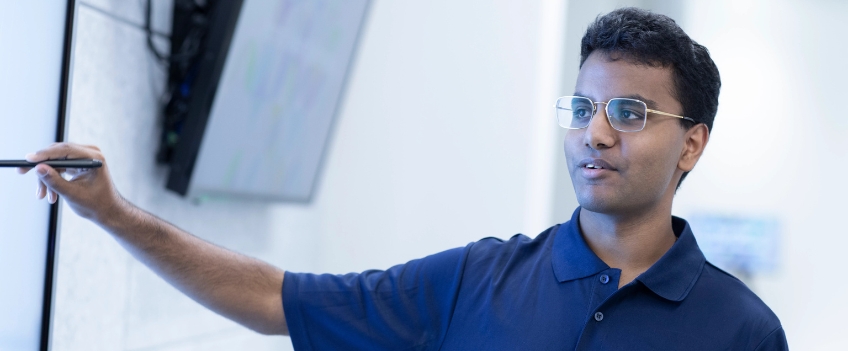
Honors Theses
Copyright Statement
All rights reserved. This publication is intended for use solely by faculty, students, and staff of Nova Southeastern University. No part of this publication may be reproduced, distributed, or transmitted in any form or by any means, now known or later developed, including but not limited to photocopying, recording, or other electronic or mechanical methods, without the prior written permission of the author or the publisher.
Date of Award
2022
Document Type
Honors Thesis - NSU Access Only
Department
Halmos College of Arts and Sciences and the Guy Harvey Oceanographic Research Center
Honors College
Farquhar Honors College Thesis
Honors College Dean
Andrea Nevins, Ph.D.
Home College Dean
Holly Baumgartner, Ph.D.
Faculty Advisor
Aarti Raja, Ph.D.
Faculty Advisor
Emily Schmit Lavin, Ph.D.
Abstract
Antibiotic resistance is a major global health crisis that has severe consequences in the fields of health, economics, and agriculture. Because of high barriers to drug discovery and a lack of profitability in antibiotic markets, the rate of drug obsolescence has far surpassed drug discovery. However, soil microbes present an opportunity to find new antibiotics as they produce secondary metabolites and are constantly adapting alongside their competitors. We were able to isolate two strains of bacteria from local soil with the potential to produce novel antibiotics Pseudomonas fulva and Plesiomonas shigelloides. P. fulva showed antibiotic activity against multiple relevant pathogen relatives A.baylyi, E.raffinosus, and B. subtilis while P. shigelloides demonstrated antibiotic activity against E. raffinosus. We determined that P. fulva produced two secondary metabolite classes of compounds, an arylpoylene and a redox cofactor while P. shigelloides produce a fatty acid/thiopeptide and betalactone. Each had low similarities to known secondary metabolites, which indicates a potentially novel structure or a significantly altered structure that could prove to be clinically relevant. However, these bacteria stopped producing secondary metabolites before we could begin analyzing the compounds. Research is underway to re-express these compounds from the bacteria.
NSUWorks Citation
Vijay Patel. 2022. Identification of Secondary Metabolites Produced by Isolated Soil Bacteria Pseudomonas fulva and Plesiomonas shigelloides. Capstone. Nova Southeastern University. Retrieved from NSUWorks, Halmos College of Arts and Sciences and the Guy Harvey Oceanographic Research Center. (17)
https://nsuworks.nova.edu/honors_theses/17.

